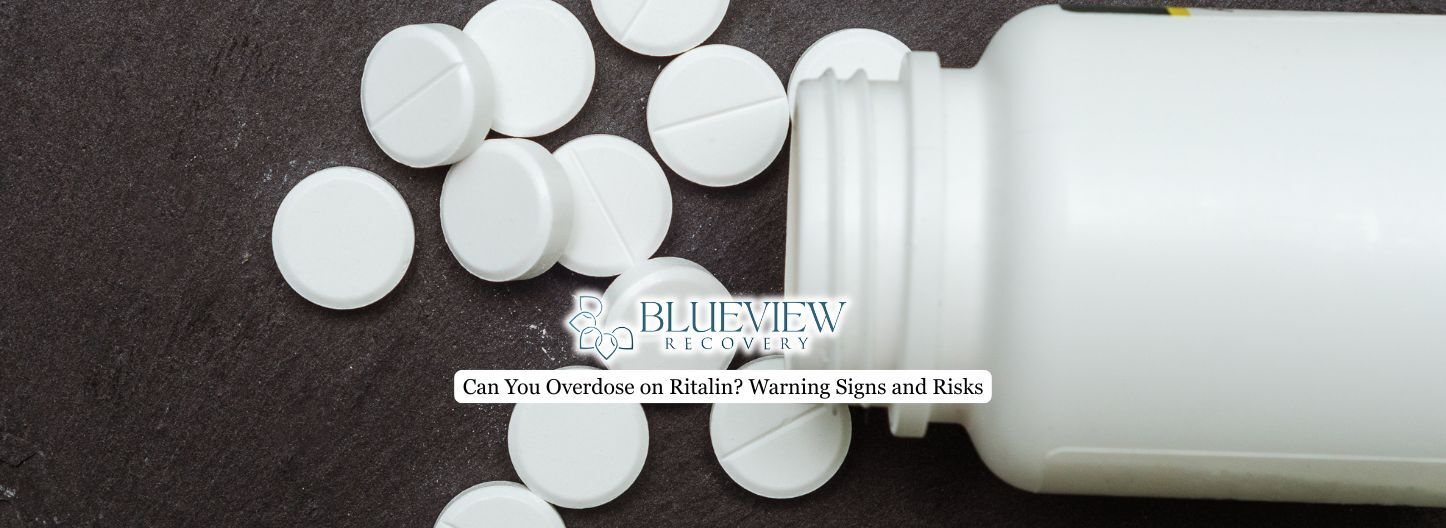K2, often called synthetic marijuana or spice, is a synthetic cannabinoid known for its unpredictable and sometimes dangerous effects. Despite being marketed as a safe alternative to cannabis, it carries significant risks, including addiction. Many users and experts question the addictive potential of the substance due to its powerful impact on the brain and body.
This article will explore whether K2 is addictive, examine the effects and withdrawal symptoms associated with the drug, and discuss treatment options for those struggling with synthetic cannabinoid addiction.

What is K2 (Spice)?
K2, also known as spice, is a drug made by spraying man-made chemicals onto dried plant material or using it in liquid form for vaping. These chemicals are designed to mimic tetrahydrocannabinol (THC), the psychoactive ingredient in marijuana, but often bind to cannabinoid receptors in the brain more strongly. This can produce effects similar to weed but much more intense and unpredictable. The substance is considered “synthetic marijuana” because it targets the same brain receptors, but unlike natural cannabis, the chemicals in K2 vary greatly, making its effects and dangers difficult to predict.
For those struggling with synthetic marijuana addiction, a K2 and Spice addiction rehab program can help manage tough withdrawal symptoms and guide you or someone you love toward lasting recovery from these dangerously addictive substances.
How Does K2 Affect the Brain and Body?
K2 interacts with cannabinoid receptors in the brain, altering mental state and perception. The effects of synthetic cannabinoids can include mood changes, altered perception, anxiety, paranoia, hallucinations, and impaired thinking. The drug’s influence on the brain is often stronger than natural marijuana, which increases the risk of psychotic episodes, rapid heartbeat, and other severe side effects.
Because the chemicals are highly potent and vary widely in formulation, the toxic effects of this dangerous drug can be unpredictable, resulting in symptoms ranging from relaxation to aggressive behavior and dangerous overdoses.
Does K2 Lead to Addiction?
K2 is highly addictive due to its strong psychoactive effects and its ability to cause psychological and physical dependence. Synthetic cannabinoids can lead to addiction more severe than marijuana because they are more potent and can overstimulate cannabinoid receptors.
Regular use can lead to dependence, where users feel compelled to continue taking the drug despite harmful consequences. Withdrawal symptoms and cravings make stopping difficult, reinforcing the cycle of abuse and addiction.
Withdrawal Symptoms
Withdrawal from K2 can produce a range of distressing symptoms, including severe anxiety, irritability, insomnia, headaches, intense drug cravings, tremors, and nightmares. Because it produces strong psychoactive effects, withdrawal symptoms are often intense and disruptive to mental health.
These symptoms make it challenging for users to quit without professional help, and withdrawal may require medical supervision to safely manage both the physical and psychological aspects of detoxification.

Risks and Complications
Using synthetic marijuana can cause severe toxic effects, including increased heart rate, high blood pressure, seizures, psychosis, and kidney or liver damage. Behavioral risks include violent outbursts, suicidal ideation, and impaired judgment.
The long-term effects of addiction on the brain may include attention and memory problems, as well as increased susceptibility to other substance use disorders.
Treatment and Recovery
Treatment options for K2 addiction often begin with medically supervised detoxification to safely manage the intense withdrawal symptoms and toxic effects associated with synthetic cannabinoids. Due to the unpredictable nature of K2, inpatient rehab programs provide 24/7 medical monitoring, structured support, and comprehensive care designed to handle severe withdrawal and co-occurring mental health issues. For those with less severe addiction or those transitioning after detox, outpatient programs offer flexibility while delivering behavioral therapies such as cognitive-behavioral therapy (CBT) to help patients understand and change addiction-related thought patterns and behaviors.
In addition to detox and therapy, counseling and support groups are integral components of recovery from synthetic marijuana abuse, providing ongoing emotional support and relapse prevention strategies. Programs tailored specifically for synthetic cannabinoid addiction emphasize building coping skills to manage cravings, improving mental health, and addressing underlying trauma or stress that may contribute to substance use.
Because relapse is common, especially given K2’s powerful effects on brain chemistry, continual aftercare and relapse prevention education are critical to maintaining long-term sobriety and rebuilding a healthy, substance-free life.
Legal Status and Public Health Concerns
Due to its potent effects and high risk of addiction, many components of K2 have been classified as Schedule I substances by authorities like the DEA. Controlling synthetic cannabinoids remains challenging due to ongoing changes in chemical formulations designed to evade legal restrictions. Public health efforts continue to focus on raising awareness about the dangers of the drug, improving regulation, and expanding addiction treatment resources.
Final Thoughts from Blueview Recovery
K2 addiction is a serious concern because of the drug’s potent and unpredictable effects, the high likelihood of dependence, and the severity of withdrawal symptoms. Understanding the risks and recognizing the signs of synthetic marijuana abuse can help individuals seek appropriate treatment and support to overcome this dangerous form of drug addiction.
BlueView Recovery in Philadelphia, PA, offers a K2 and spice addiction treatment program that provides medically supervised detox, therapeutic interventions, and long-term recovery planning that includes specialized care and support to overcome addiction safely.





